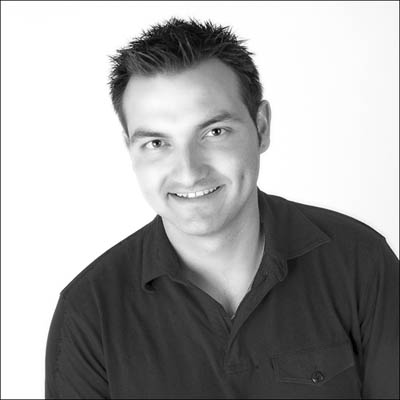When Harland was six, his father died and his mother was forced to go to work. He had to take care of his three-year-old brother and baby sister. This meant doing much of the family cooking, giving him the opportunity to become a master of a number of different dishes.
At age 10, he got his first job working on a nearby farm for $2 a month. When he was 12, his mother remarried and he left his home near Henryville, Indiana, for a job on a farm in Greenwood. He held a series of jobs over the next few years, first as a 15-year-old streetcar conductor in New Albany, and then as a 16-year-old private, soldiering for six months in Cuba.
After that he was a railroad fireman, studied law by correspondence, practiced in justice of the peace courts, sold insurance, operated an Ohio River steamboat ferry, sold tires, and operated service stations.
When he was 40, Harland began cooking for hungry travellers who stopped at his service station in Corbin, Kentucky. It wasn’t a restaurant, but he served people on his own dining table in the living quarters of his service station.
As more people started coming just for food, he moved across the street to a motel and restaurant that seated 142 people. Over the next nine years, he perfected his cooking technique and chicken recipe with a blend of herbs and spices.
In the early 1950s a new interstate highway was planned to bypass the town of Corbin. Seeing an end to his business, Harland, now in his sixties, sold his operations. After paying his bills, he was reduced to living on his $105 Social Security cheques. And at his age, he was not expecting to work again.
Knowing he couldn't live on his pension, he took his chicken recipe in hand, got behind the wheel of his clunker, and set out to make his fortune.
His first plan was to sell his chicken recipe to restaurant owners, who would in turn give him a residual for every piece of chicken they sold--5 cents per chicken. The first restaurateur he called on turned him down.
So did the second. So did the third. In fact, the first 1008 sales calls Colonel Sanders made ended in rejection. Still, he continued to call on owners as he traveled across the USA, sleeping in his car to save money. Prospect number 1009 gave him his first "yes."
After two years of making daily sales calls he had signed up a total of five restaurants. Still Harland pressed on, knowing that he had a great chicken recipe and that someday the idea would catch on.
The idea did catch on. Harland, better known as Colonel Harland Sanders or Colonel Sanders had, by 1963, 600 restaurants across the United States selling his secret recipe of Kentucky Fried Chicken (with 11 herbs and spices). Colonel Sanders franchise actually helped many people succeed in the restaurant business.
In 1964 he sold his interest in the U.S. company for $2 million to a group of investors including John Brown Jr., who later became Governor of Kentucky. The Colonel remained a public spokesman for the company. In 1976, an independent survey ranked the Colonel as the world's second most recognisable celebrity. Colonel Sanders' story teaches an important lesson: It's never too late to decide to never give up.
Earlier in his life the Colonel was involved in other business ventures that weren’t successful, but at the age of 65, however, he decided his chicken idea was the right idea, and he refused to give up, even in spite of repeated rejection.
"Ask and it will be given to you; seek and you will find; knock and the door will be opened to you." (Luke 11:9)
We can all take direction from our intuition. If we get an urge to try something new then we should act on that urge. Don't dismiss it just becasue it doesn't fell like it's your purpose, it may be the doorway to the future.
If you feel that you have a purpose beyond what you are doing now (as I do), then honour that feeling, and let yourself be guided by your heart. Your soul knows your purpose and the nudges you get from time to time are the whispers from your guides to keep your soul's path on track.
It isn't that we are looking for our purpose, it's that our purpose is calling for us. All we need to do is listen and respond.
Subscribe to:
Post Comments (Atom)

No comments:
Post a Comment